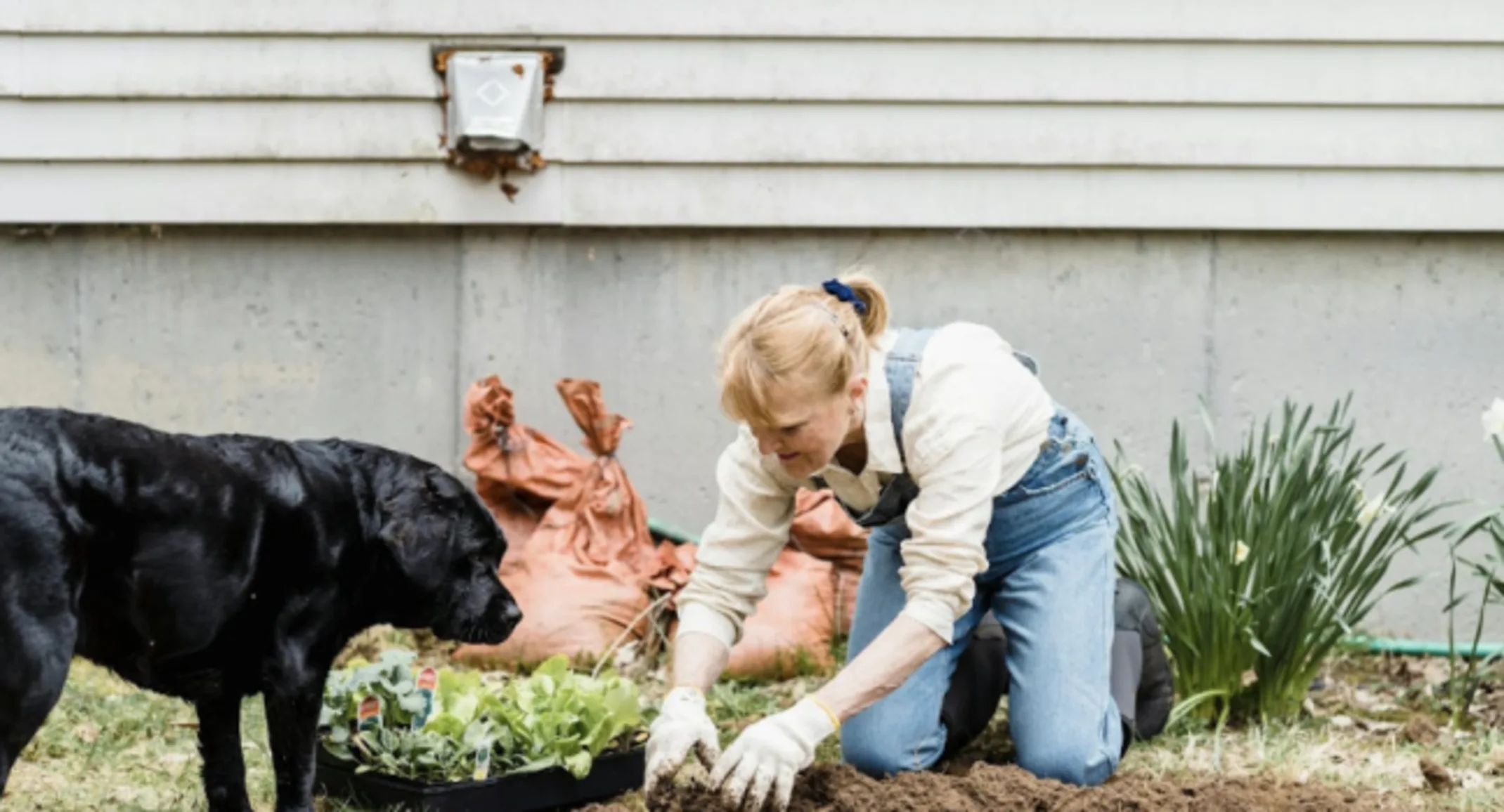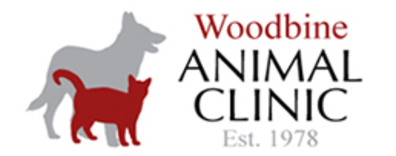Pet-Friendly Gardening
Uncategorized

The Spring to-do list is already expanding. Especially for green thumbs, who prioritize bringing their garden back to life to provide beautiful bounties of food and flowers.
Gardening aficionados with pets can keep their beloved companions in mind when planting this year’s edition. It’s a wonderful thing to spend as much time as possible outside with your animal – and a pet-friendly garden is an excellent place to do it.
Of course, you must take a few important steps to make the space enjoyable and safe for both you and your pet.
Safe Plants
It’s almost impossible to stop certain hungry pets from nibbling away at anything they can get their paws on. So, if your dog has easy access to the garden, it’s imperative that the plants be consumable.
The following are fine if ingested:
Pet grasses
Catnip
Sunflowers
Green beans
Berries (cranberries, blueberries, strawberries, raspberries)
Dandelion greens
Fennel
Herbs like rosemary, basil, thyme, dill
Please avoid the following as they can be toxic to animals:
Onions
Tomatoes (the leaves are a danger)
Flowers like tulips, lilies, and daffodils
Give ‘em some shade
Shelter is critical so your pets don’t just bake in the sun. There are a few smart ways to tackle this. Shade can come from existing or newly planted trees, a canopy, or a cool item like a pet gazebo. They can be purchased in a variety of sizes, depending on how big your dog is.
You would be shocked to see what is happening in the doghouse space these days, too. Search “custom doghouses” and you will find some beautiful options from specific businesses or creative builders on sites like Instagram and Etsy.
Even with available shade, ensure your pet isn’t left in the sun too long – especially on hot and humid days.
The right mulch
It’s fascinating to watch an energetic pup tear through a branch and just chomp it down like it was nothing. They chew because they’re either bored, lacking nutrients, or just flat out investigative by nature. Those kinds of dogs might have a taste for mulch, as well. If you use mulch in your garden area, consider the following types:
Cedar
Pine
Hemlock
Rubber mulches don’t pose specific harm to the body, though there is a potential choking concern. Best to avoid that in favour of the ones listed above. Ideally, try to avoid allowing them to ingest any mulch. Even these “safer” varieties can get stuck in their mouths, cause splinters, or intestinal blockages.
Always hydrate
Providing an outdoor water source is a fantastic idea if your pet is hanging out around the yard. It can be a small pond or a dedicated fountain. There are several fun and affordable pet fountain options on the market that would do the job just fine. Your thirsty loved one will thank you.
Avoid chemicals
Your plants need some help to reach their peaks. But if your companion animal is hanging around in that space, you must absolutely refrain from using any chemical-based fertilizers or pesticides given the risk of poisoning. There are several natural products available that are safe if consumed.
Also consider alternatives like compost, seaweed, and fish meal. Might be a bit stinky, though.
Tool time
We need tools to get the garden in shape. But those sharp edges and prongy protrusions can pose a danger to your animal, especially those reckless ones that barrel around with no regard for their own wellbeing. Secure them all, including any products used in the garden, in a safe space where your pet can’t get to them.
Chaperones
Have fun in the sun with them. What better way is there to enjoy a beautiful Spring day? The measures listed above will go a long way to keeping your furry friend safe while they enjoy the garden space. But the absolute best way to ensure they are out of danger is to keep a watchful eye. Don’t leave them unattended in the garden area, where they are sure to be their mischievous selves.
And remember this recommendation from your vet – get your pet tested annually for internal parasites and keep them on a regular deworming schedule. Especially for those animals who spend a lot of time outdoors, be it in the garden or anywhere else.
